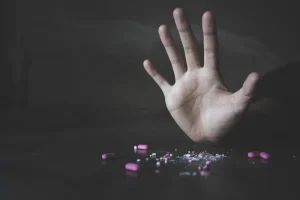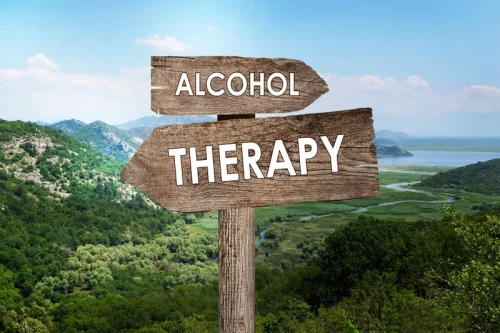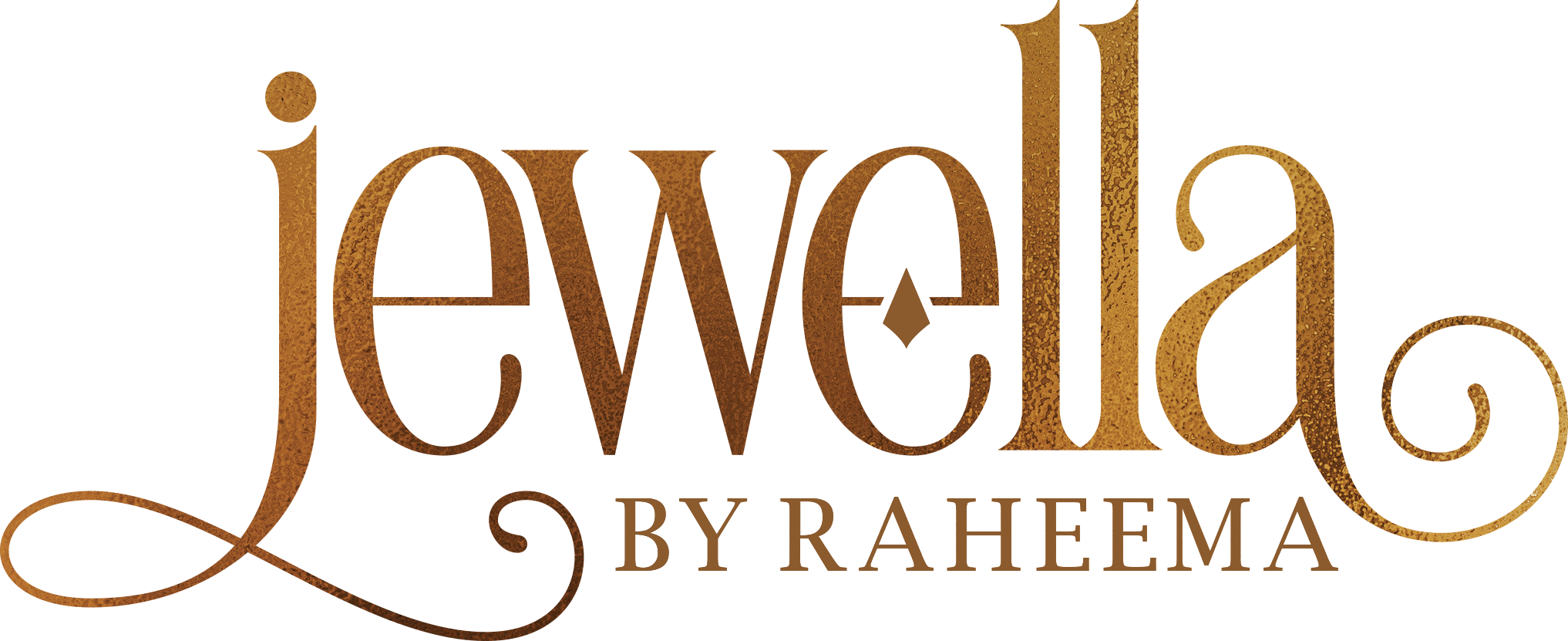What Is Alcoholism? Symptoms, Causes, Diagnosis, Treatment, and Prevention
However, quitting alcohol can have a positive impact on your skin’s appearance and health, contributing to a fresher and more youthful look,’ adds Xu. ‘Stopping alcohol consumption can have positive effects on the skin over time,’ reveals beauty therapist and founder of London Premier Laser Clinic, Lucy Xu. Here’s how the skin can improve at different intervals after quitting alcohol according to Xu. As alcohol is absorbed into your blood stream, it basically dulls the part of the brain that controls how your body works, impacting your mood, as well as your ability to make decisions and stay in control.
- Switch to a prebiotic cleanser or serum, as both are packed with prebiotics, which are a food source for the good bacteria on skin, helping it to recalibrate the protective barrier and your skin’s pH level.
- The Reframe app equips you with the knowledge and skills you need to not only survive drinking less, but to thrive while you navigate the journey.
- DermNet does not provide an online consultation service.If you have any concerns with your skin or its treatment, see a dermatologist for advice.
- The answer to the question “can I get a rash from drinking too much?
Do your skincare before bed
Just like for food products, ingredients are listed in descending order—so the most potent concentrations will be first. If alcohols top the list, it’s likely to be irritating to sensitive skin. Alcohol might make you drowsy and help you fall asleep faster, but you may not stay that way. It breaks up your normal sleep rhythms and can make you restless throughout the night.

For Alcohol Use Disorder, Psychedelics Plus Talk Therapy Cuts Heavy Drinking Days by 83 Percent, Study Shows
But the most impactful thing I did to make my face look its best at 37 — better than I looked on probably any day over the course of my entire 20s — was cutting way back on drinking for about three months. I switched from a couple of drinks most nights (and more on the weekends) to just a few a week, and by nuptials time, my face was depuffed and contoured, my skin was even toned, and I looked well rested and happy. Collagen and elastin are two essential proteins in our skin that are responsible for maintaining its elasticity and firmness.
What’s Considered Excessive Alcohol Use?
Some studies show alcohol might raise your odds of getting rosacea if you don’t already have it. But, drinking alcohol can lead to lack of sleep, dehydration, and increased stress, all of which can lead to breakouts. However, some effects of chronic, excessive alcohol use on the skin may not disappear so how alcohol affects your skin quickly; for example, deep lines and wrinkles caused by chronic dehydration might soften, but are likely to remain. If you are a heavy drinker, your alcohol use will soon affect your skin health. Excessive alcohol use accelerates the aging process in your skin and decreases your overall skin health.
- Like cocktails, the high sugar content in white wines can also lead to dull, sallow skin and puffiness – the last thing you want for your face.
- Easy and often cheap, premixed cocktails such as Bucks Fizz or Bellini’s are usually full of added sugar and preservatives and colourings.
- Excess sebum and decreased elasticity can increase pore visibility.
- Otherwise known as telangiectasia, this condition can create a persistent rosy or flushed appearance, even when we’re not drinking.
- “Specifically, when you’re younger, your brain is going through a lot of changes.
How long does it take to reverse the effects of alcohol?
Dr Liakas explains, “Once one decides to stop drinking or cut down on the consumption of alcohol in general, it can have great positive impacts on your skin. The skin will look more hydrated, plumper and brighter.” Lighter coloured drinks such as vodka, gin and tequila contain the least amount of additives and are processed by the body quickest. This means that they should have the least impact on your skin, minimising potential damage. “Any alcohol will negatively impact the quality, appearance and ageing of your skin,” explains Dr Ioannis Liakas, Medical Director at Vie Aesthetics. “However, if it’s something you are not willing to give up, there are some types of alcohol you can indulge in without feeling too guilty about its effects on your skin.”
Find more top doctors on
If you want to cut back on drinking, but don’t know where or how to start, consider trying Reframe. We’re a science-backed app that has helped millions of people reduce their alcohol consumption and enhance their physical, mental, and emotional well-being. By stopping your alcohol consumption, you can reduce the symptoms of these conditions or heal them altogether. Over several days to 1 year, your skin will become brighter, firmer and healthier.

Skin changes due to alcoholic liver disease
Ethanol, a by-product of alcohol metabolization, has been reported to vasodilate or expand blood vessels. With chronic alcohol consumption, these blood vessels become permanently dilated, leading to visible spider veins. More importantly, this flushing is of concern as it is linked to an increased risk of squamous cell esophageal cancer due to alcohol consumption.
- We’re a science-backed app that has helped millions of people reduce their alcohol consumption and enhance their physical, mental, and emotional well-being.
- Congeners are chemicals produced during the fermentation process that contribute to the taste and smell of alcohol – and they’re the main culprit for a hangover.
- Chronic alcohol misuse can also lead to various health conditions, such as liver disease.
- Glycerin is a humectant, a type of moisturizing agent that pulls water into the outer layer of your skin from deeper levels of your skin and the air.
- Specifically, alcohol can increase estrogen levels in both men and women, as well as levels of cortisol — a stress hormone that can lead to weight gain, sleep disturbances, and a weakened immune system.
- Moderate and severe withdrawal syndromes can include hallucinations, seizures, or delirium tremens; the latter two can be life-threatening.


